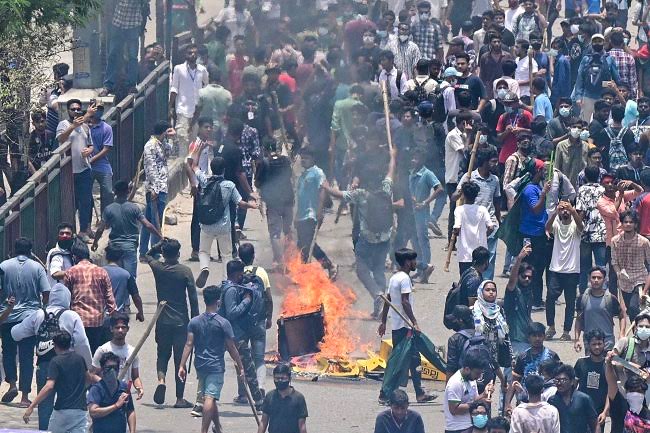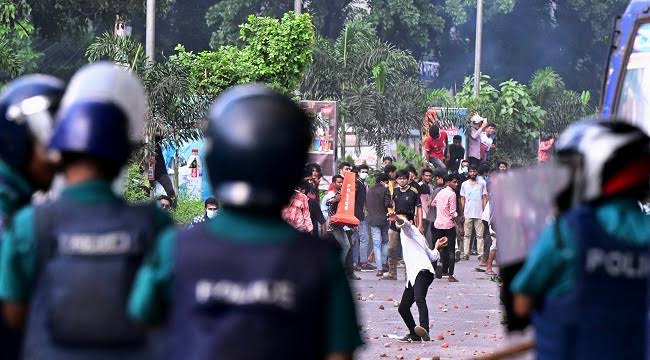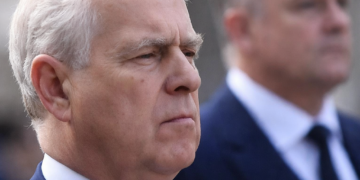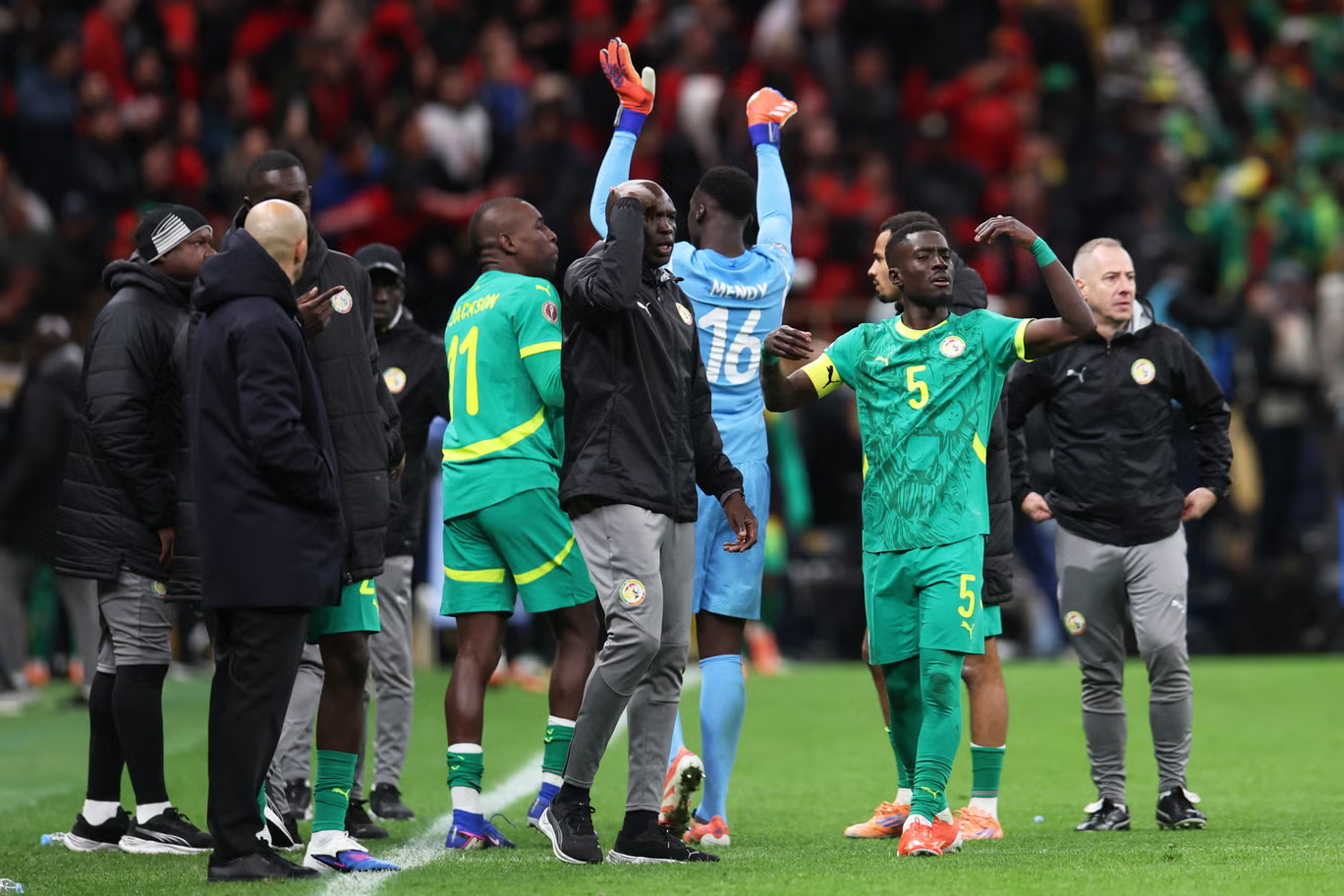Soldiers have been deployed to surveil Bangladeshi cities on Saturday, July 20, in part of the attempt to stop the prolonged civil unrest caused by student demonstrations, with the riot police shooting protesters who disobey a government curfew.
At least 115 people have been killed so far this week, according to a count of victims given by police and hospitals, posing a monumental challenge to Prime Minister Sheikh Hasina’s autocratic government after being in office for 15 years.
Police fire was the cause of more than half of the deaths reported this week alone based on the reports of the hospital staff.

A government curfew had been made effective at midnight, with the premier’s office asking the military to deploy troops after police officials failed to subdue widespread chaos in the country.
This curfew will remain in effect until at least 10:00 am (04:00 GMT) on Sunday, according to Channel 24.
In addition to the curfew, authorities imposed a nationwide internet shutdown on Thursday —still effective as of Saturday afternoon, greatly disrupting communication in and out of the country.
Government websites have been offline since then and major newspapers including the Dhaka Tribune and Daily Star have been unable to update their social media platforms.
Why It Matters
Hasina’s government is being accused by rights groups of misappropriating state institutions to establish its hold on power and crack down dissenting voices.
Since the first reports of death on Tuesday, protesters have started calling for Hasina’s resignation in light of the police’s brutality towards protesting citizens.
On the other hand, the nationwide internet shutdown has undoubtedly disrupted communication channels, affecting citizens’ ability to share information and express dissent, with major newspapers being unable to update their social media platforms, restricting access to reliable news.

















